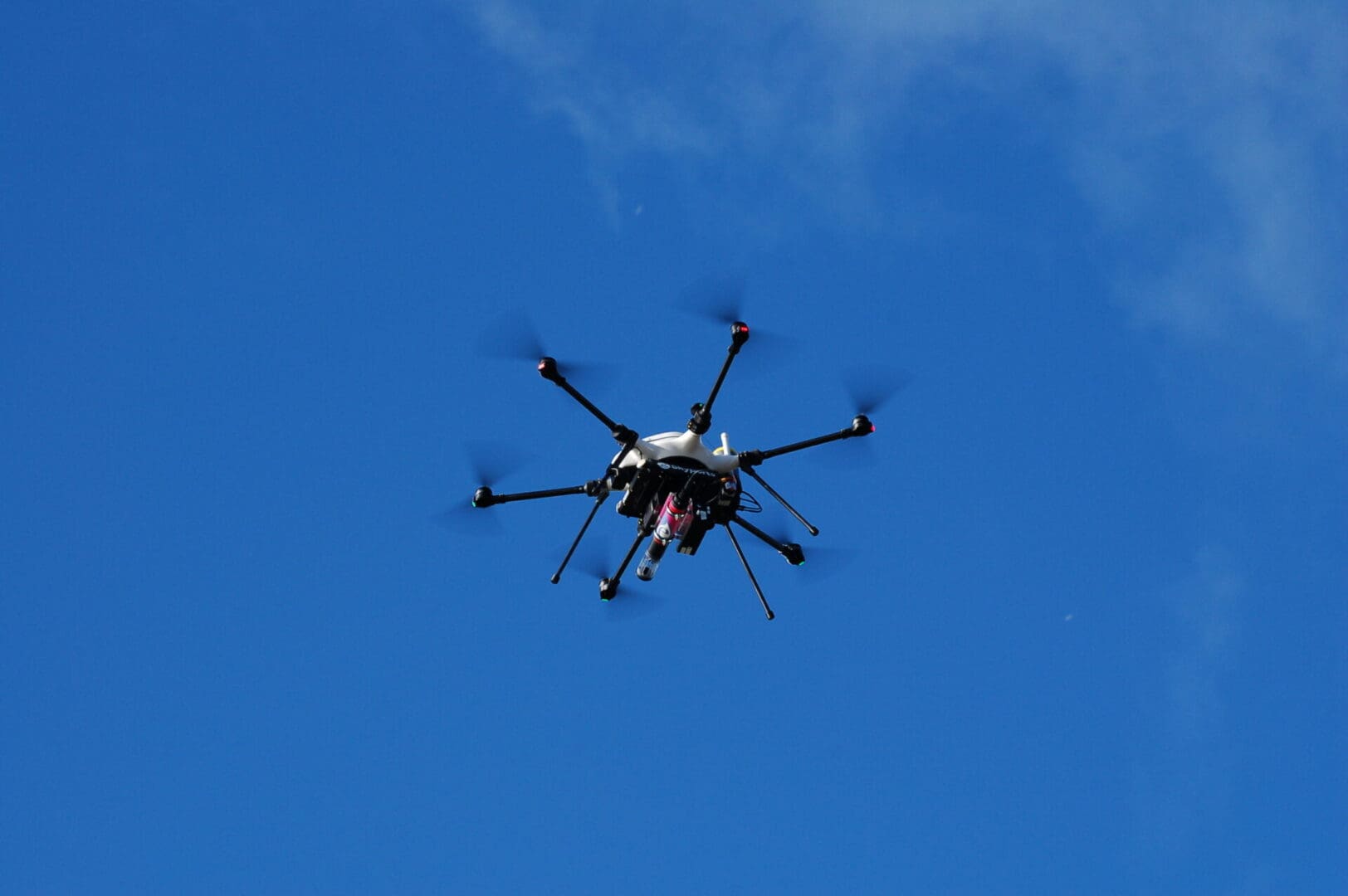October 1, 2024
New trials launched to explore how drones can help improve water quality

Drones are being used to enhance water quality monitoring in UK coastal waters and estuaries as part of a collaborative trial involving Northumbrian Water, Makutu, RS Hydro, and Skyports Drone Services.
Project Kingfisher, a world-first drone trial for the water industry, has entered its second phase to explore the use of highly automated for data collection and water quality assessments. The trial aims to demonstrate how uncrewed aerial vehicles (UAV) can support water qualities in testing and monitoring water quality.
Following initial test flights in Bishop Auckland, County Durham, earlier this year, the next phase expands across the North East of England. The trials will showcase how drone operations can help water companies respond more effectively to issues, improve worker safety, and streamline the collection of water quality data from hard-to-reach areas.
Currently, Northumbrian Water relies on staff to manually collect water samples by staff, which can be time-consuming and inefficient. In some of the most remote locations, the travel to testing sites can take several hours.
Skyports Drone Services, an expert in drone operations, will lead the flights using its all-electric Speedbird Aero multirotor aircraft, capable of covering distances of up to 20 km on a single charge. The UAV is equipped with various sensors that are lowered by a winch into designated sample points to measure multiple water quality parameters in situ. The collected data is transmitted in real-time to Northumbrian Water as a live data feed.
Named for the way the drones hover and dip like a kingfisher, Project Kingfisher has already shown promising results. The partners are optimistic that these trials will demonstrate the feasibility of drones in supporting business operations, enhancing sustainability, and improving water health.
Cheska Rojas, Project Kingfisher Lead at Skyports Drone Services, said: “Water quality monitoring is a really compelling drone inspection use case, which we’re excited to be developing through Project Kingfisher. The latest phase of trials build on learnings gathered earlier in the year and is an important step towards scaling these services and eventually rolling them out in other parts of the UK. The work we’re doing here aims to bring tangible improvements to UK water environments and the communities that use them.”
John Edwards, Technical Policy Manager at Northumbrian Water said: “Earlier in the year we carried out some initial testing, but the work we have conducted over the past month has been incredibly valuable for us and has helped us to understand the true benefits and opportunities this could unlock for the entire water industry in the future. We have been engaging with customers in the area here, and we know that water quality is an incredibly important topic at the moment – so it’s great that we are able to use these innovative trials to see how our regional coasts and rivers are monitored providing valuable data. This is an incredibly exciting project, and hopefully the success of these trials will enable us to carry out more on a larger scale in the future.”
James Sumsion, Chief Executive Officer of Makutu, added: “Finding innovative, low cost, environmentally sound and repeatable ways to obtain and analyse valuable water quality data is key to protecting and improving the environment in which we live. We are very pleased as to how these trials have progressed and look forward to significantly building out this capability within the next phase of the programme.

